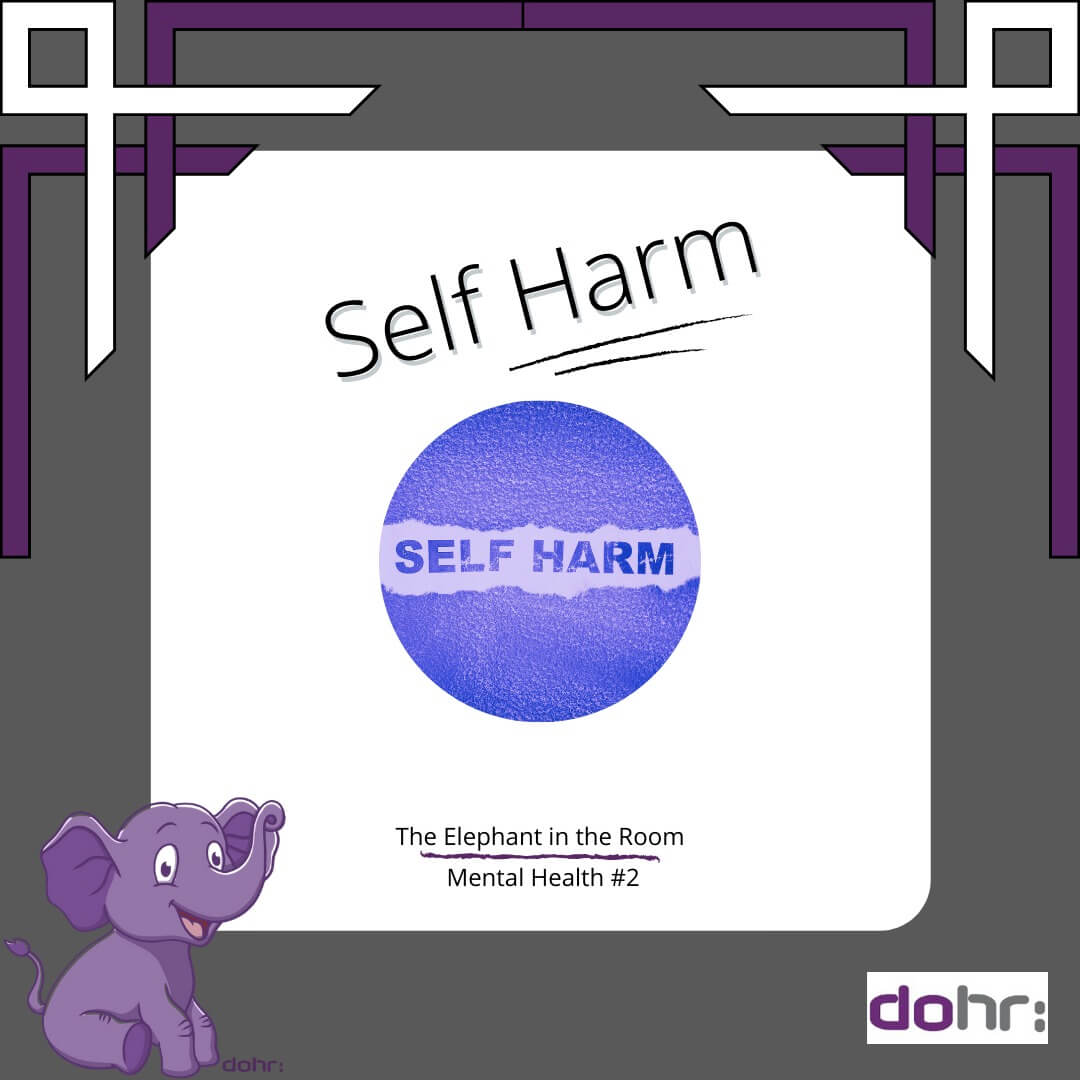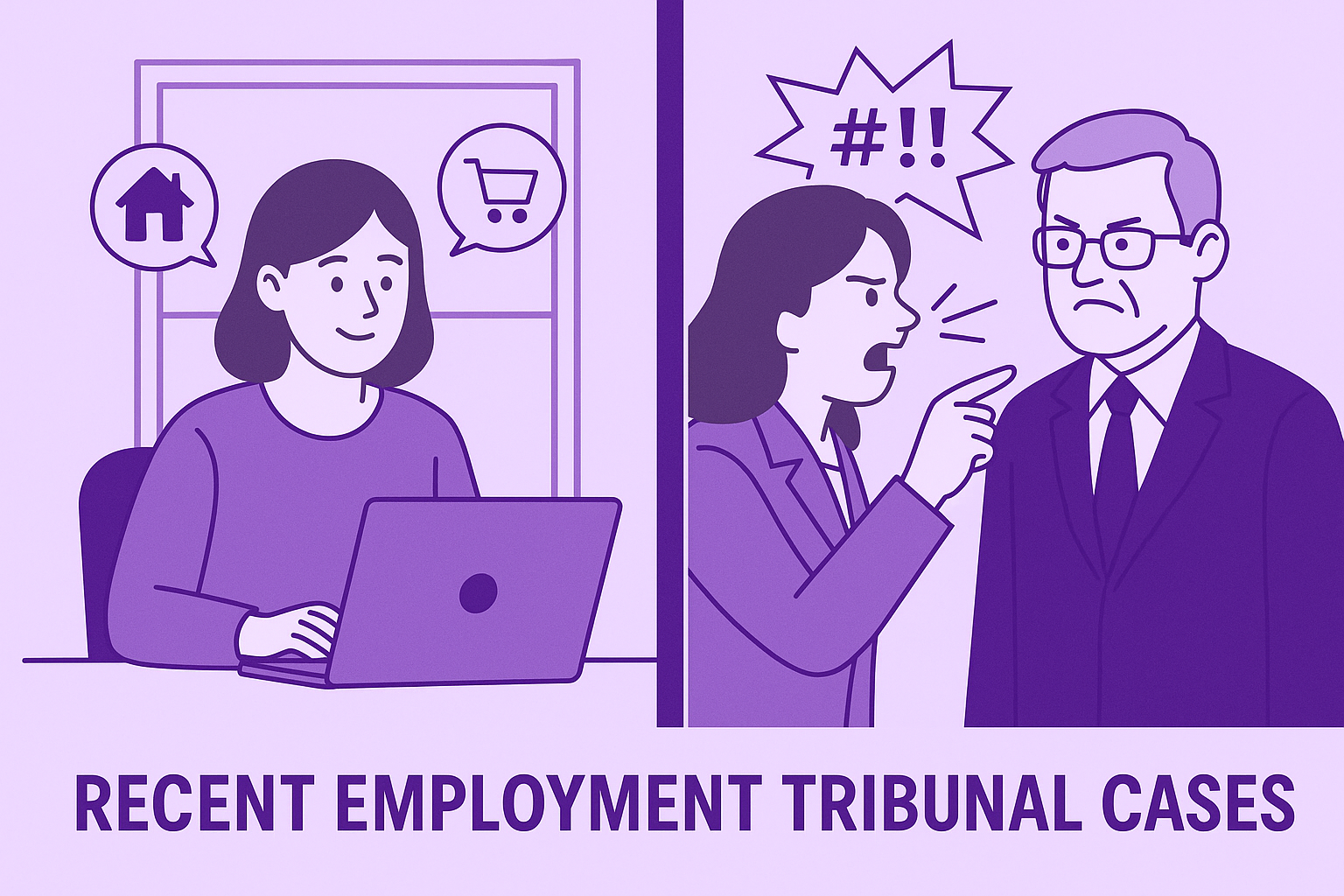Self-harm is widely misunderstood. There are many people who self-harm as a way of exerting control over themselves or a situation. Contra to popular belief, self-harm is NOT an attempted suicide, however, the people who self-harm are at increased risk of suicide, often because the stress triggers are the same.
Self-harm is a behaviour which is a symptom of another problem such as depression, anxiety or psychosis.
Self-harm manifests itself in different ways and may include cutting the skin, burning oneself, hitting oneself against other objects, taking risks such as walking into traffic, drug and alcohol abuse or overdosing on drugs (when not attempting suicide).
Self-harm is one of the most stigmatised mental health issues. Firstly, because others can often see the impact such as healed scars, open wounds or burn marks. Secondly, people wrongly believe, that the individual can just stop hurting themselves. The impact of people judging can lead to a repeating cycle of self-harm.
As a work colleague, you need to be understanding, supportive and non-judgmental. You cannot stop someone self-harming. It is not your job to stop them self-harming.
Mental Health first aiders are trained in a five-step ALGEE approach:
- Approach the person, assess and assist with any crisis
- Listen and communicate non-judgementally
- Give support and information
- Encourage the person to get appropriate professional help
- Encourage other supports
Each of these takes knowledge, practice and skill, but the reality is the first time you need to use ALGEE is when you are dealing with an actual situation.
You need to master your own behaviours and control yourself, your emotions and your fears if you are going to be of any use to a self-harmer.
Give the person space to talk and, if they start to open up, be prepared for intense emotion.
Agree an action plan with them. You may offer to do some research into charities who can support them. You may encourage them to visit their GP or to talk to mental health specialist.
Treatments for self-harm are based on the underlying cause. The individual may need to see a psychologist or undertake cognitive behavioural therapy. They may need medication to control depression or another underlying condition, which may then stop them from self-harming.
As a colleague, you are not qualified or expected to prevent self-harm. Your role is to support the employee so they are positively contributing to the business, feel valued and safe in the workplace.
If you are affected by, or dealing with, any of the issues being discussed in these articles, professional help is available. We know that some of our content is going to be triggering – that’s why it is ‘The Elephant in the Room’. We know not everyone will agree with us – that’s ok, it’s life and reflects the reality of a diverse workplace.
Share your thoughts and comments, but do not be hateful to others. Be kind, seek to understand and learn to accept that the world is a richer place because of our differences.
All we ask is that you are not disagreeable in your disagreement.
There are organisations who support people who self harm:
Harmless – www.harmless.org.uk
National Self Harm Network – www.nshn.co.uk
selfharmUK – www.selfharm.co.uk



